Diagnostic imaging
Recent articles
Christine Wu Nordahl, doing whatever it takes to get good data
The head of the Autism Phenome Project has deepened the pool of study participants and helped overhaul the culture of the MIND Institute.

Christine Wu Nordahl, doing whatever it takes to get good data
The head of the Autism Phenome Project has deepened the pool of study participants and helped overhaul the culture of the MIND Institute.
Is excess brain fluid an early marker of autism?
Brain scans of hundreds of infants suggest that up to 80 percent of those with autism have unusual amounts of cerebrospinal fluid. Researchers are studying how this might contribute to the condition.
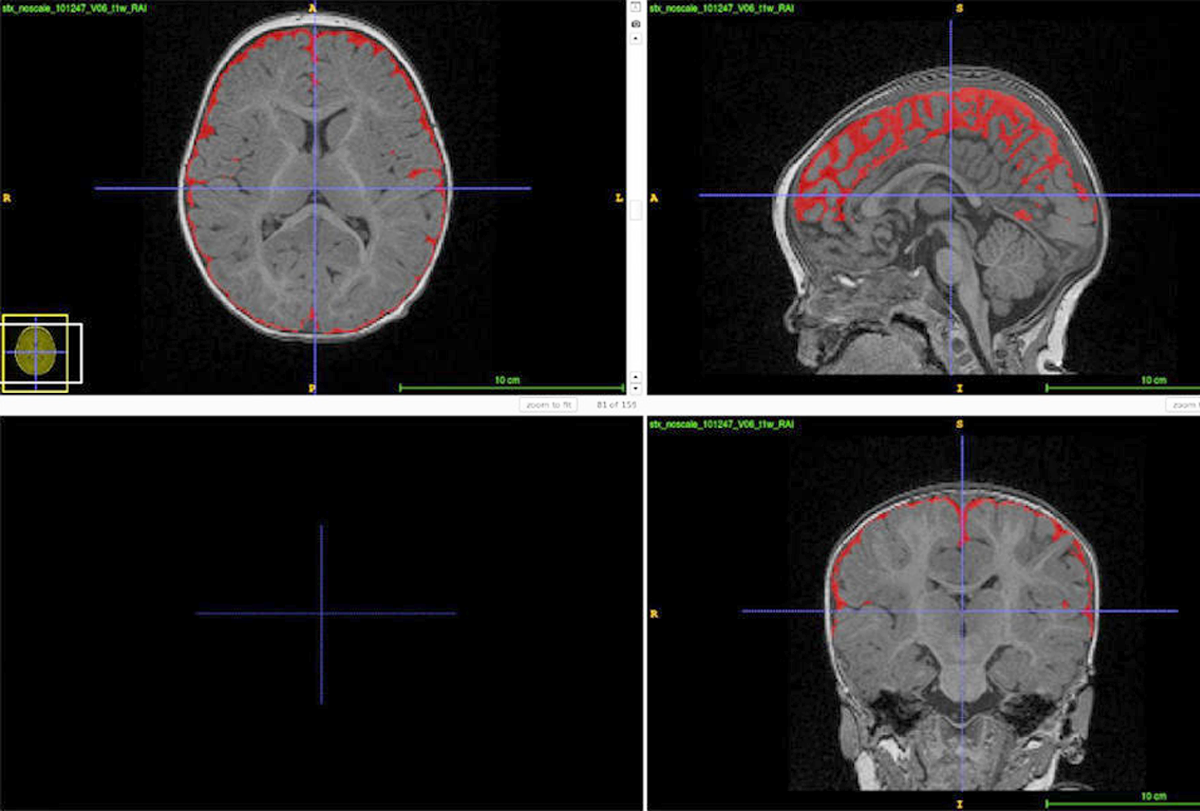
Is excess brain fluid an early marker of autism?
Brain scans of hundreds of infants suggest that up to 80 percent of those with autism have unusual amounts of cerebrospinal fluid. Researchers are studying how this might contribute to the condition.
Amygdala-linked brain areas grow differently in autism
The growth differences vary between autistic boys and girls and are most apparent among children with prominent social difficulties.
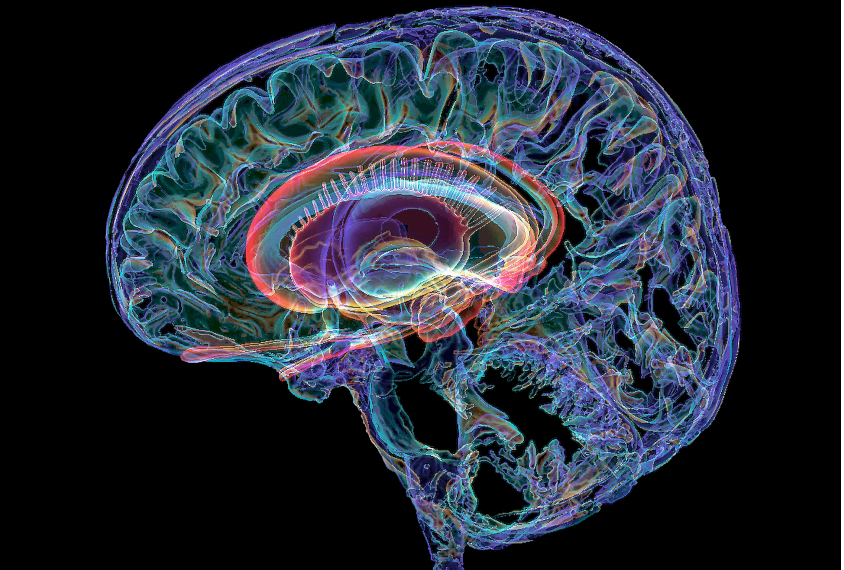
Amygdala-linked brain areas grow differently in autism
The growth differences vary between autistic boys and girls and are most apparent among children with prominent social difficulties.
The connectivity theory of autism, explained
A growing body of evidence suggests that autism involves atypical communication between brain regions, but how and where in the brain this plays out is unclear.
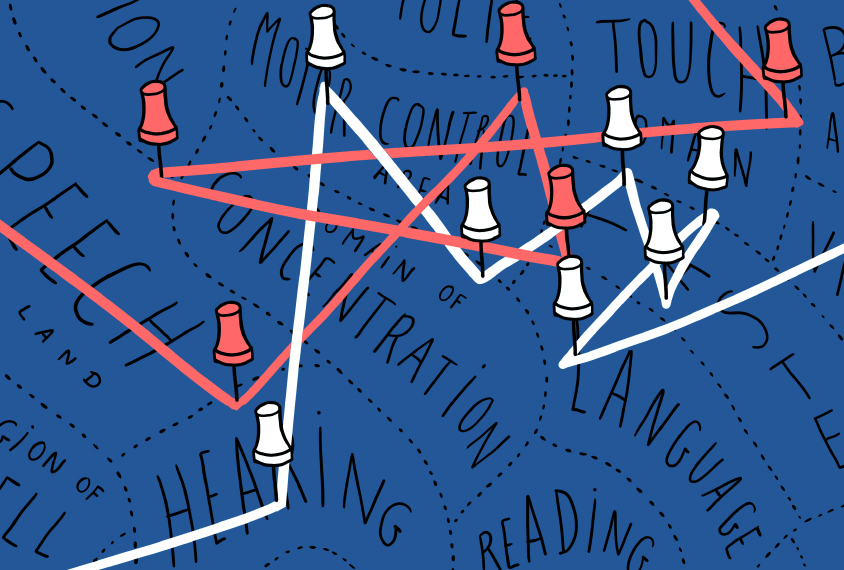
The connectivity theory of autism, explained
A growing body of evidence suggests that autism involves atypical communication between brain regions, but how and where in the brain this plays out is unclear.
Abridged autism assessment speeds access to therapy
A new strategy for diagnosing autism shortens the evaluation process — and the wait for answers.
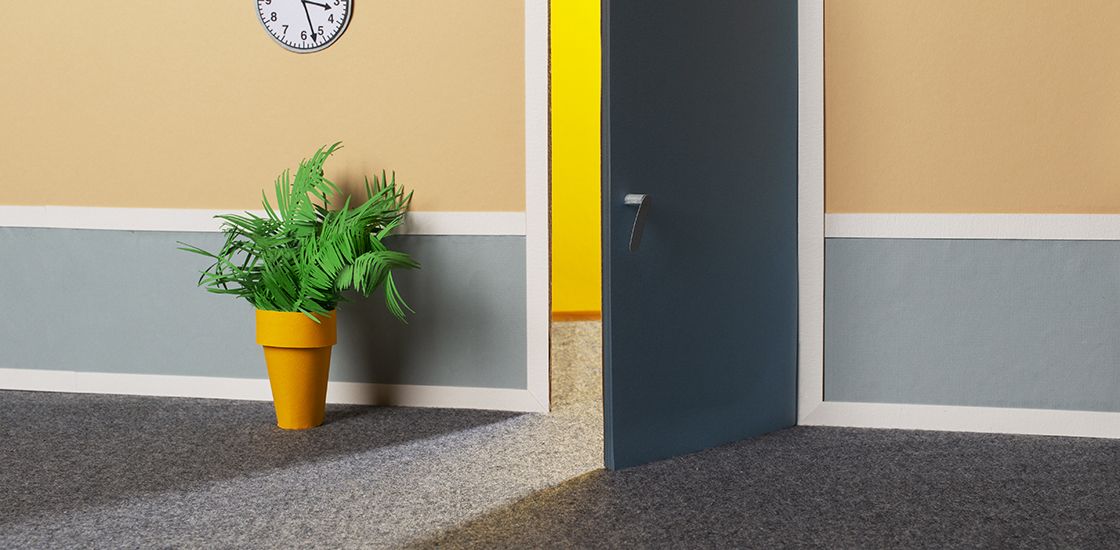
Abridged autism assessment speeds access to therapy
A new strategy for diagnosing autism shortens the evaluation process — and the wait for answers.
Late-life diagnosis; narrated brain stimulation; microglia movie and more
Women describe relief at finally learning they have autism, a man with epilepsy narrates during stimulation of his brain, and the brain’s immune cells are caught on film nibbling at neuronal connections.
Late-life diagnosis; narrated brain stimulation; microglia movie and more
Women describe relief at finally learning they have autism, a man with epilepsy narrates during stimulation of his brain, and the brain’s immune cells are caught on film nibbling at neuronal connections.
Activists arrested; poop cult; ‘landmark’ movie and more
Activists are arrested while protesting the use of electroshock devices, a Facebook group claims cabbage slurry can prevent autism, and a movie features romance — and actors — on the spectrum.
Activists arrested; poop cult; ‘landmark’ movie and more
Activists are arrested while protesting the use of electroshock devices, a Facebook group claims cabbage slurry can prevent autism, and a movie features romance — and actors — on the spectrum.
Program in Scotland boosts speed, accuracy of autism diagnosis
A project in Scotland dramatically increased the accuracy of autism diagnosis and cut waiting times in half.

Program in Scotland boosts speed, accuracy of autism diagnosis
A project in Scotland dramatically increased the accuracy of autism diagnosis and cut waiting times in half.
Powerful duo of techniques charts signals’ path through brain
Combining a brain imaging technique with a neuron stimulation method can reveal how activity at one site travels through neural networks in the brain.
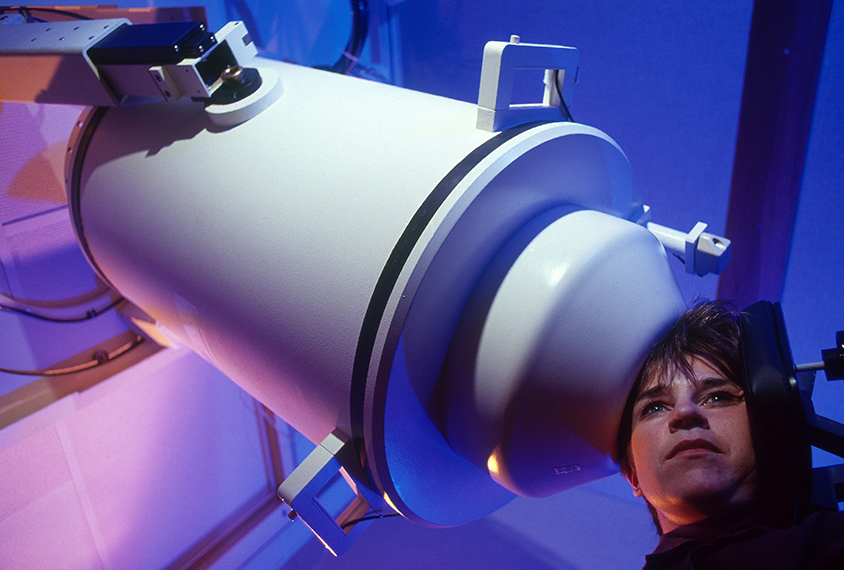
Powerful duo of techniques charts signals’ path through brain
Combining a brain imaging technique with a neuron stimulation method can reveal how activity at one site travels through neural networks in the brain.
Weak ‘wiring’ in infant brains augurs severe autism features
Babies who are later diagnosed with autism may show aberrant connections between some brain regions in their first year of life.
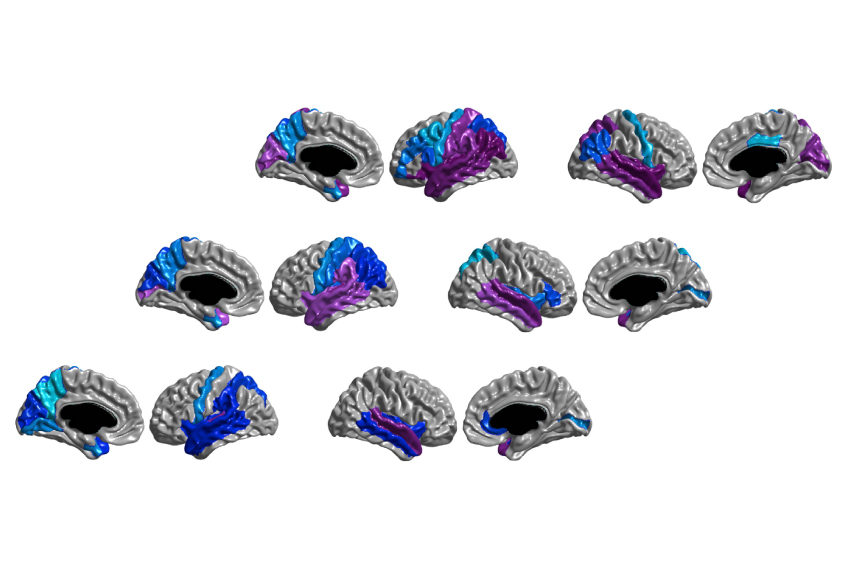
Weak ‘wiring’ in infant brains augurs severe autism features
Babies who are later diagnosed with autism may show aberrant connections between some brain regions in their first year of life.
Explore more from The Transmitter
PTEN problems underscore autism connection to excess brain fluid
Damaging variants in the autism-linked gene cause congenital hydrocephalus—a buildup of cerebrospinal fluid in the brain—by turbocharging a downstream signaling pathway that promotes the growth of cells, according to a new study.

PTEN problems underscore autism connection to excess brain fluid
Damaging variants in the autism-linked gene cause congenital hydrocephalus—a buildup of cerebrospinal fluid in the brain—by turbocharging a downstream signaling pathway that promotes the growth of cells, according to a new study.
U.S. health agency purge includes 10 lab heads at National Institute of Neurological Disorders and Stroke
The reasons for selecting these researchers—who have led work on neuronal migration, dopamine receptors in neuronal signaling and the structure of ion channels, among other areas—remain unclear.
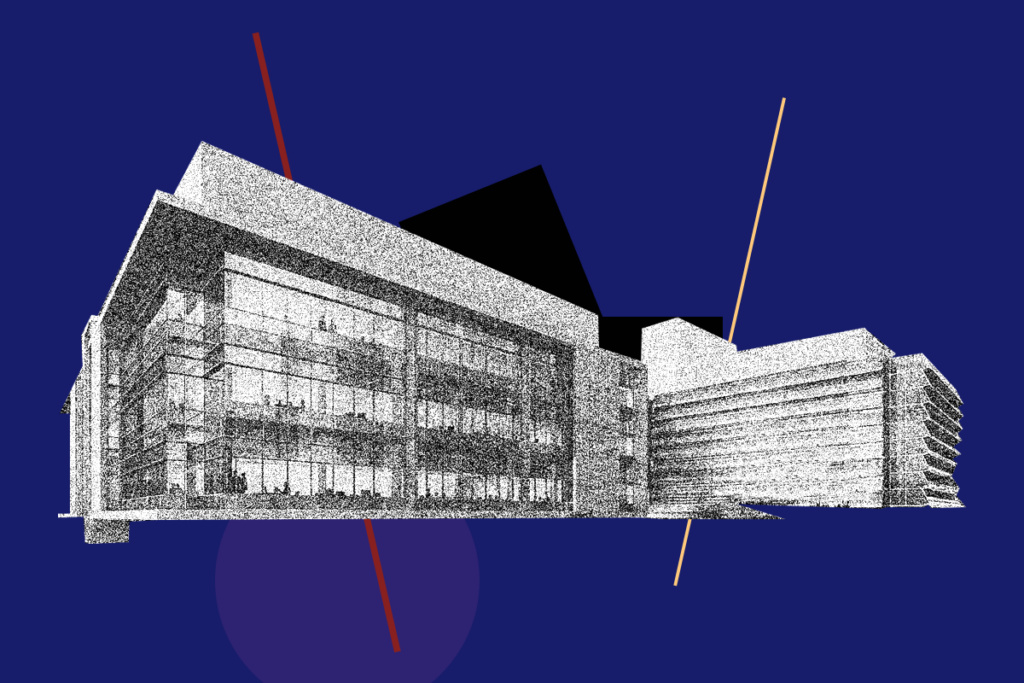
U.S. health agency purge includes 10 lab heads at National Institute of Neurological Disorders and Stroke
The reasons for selecting these researchers—who have led work on neuronal migration, dopamine receptors in neuronal signaling and the structure of ion channels, among other areas—remain unclear.
Five things to know if your federal grant is terminated
If you want to appeal the decision, know the rules that govern terminations, as well as the specific rationale given in your notice, science policy experts say.

Five things to know if your federal grant is terminated
If you want to appeal the decision, know the rules that govern terminations, as well as the specific rationale given in your notice, science policy experts say.